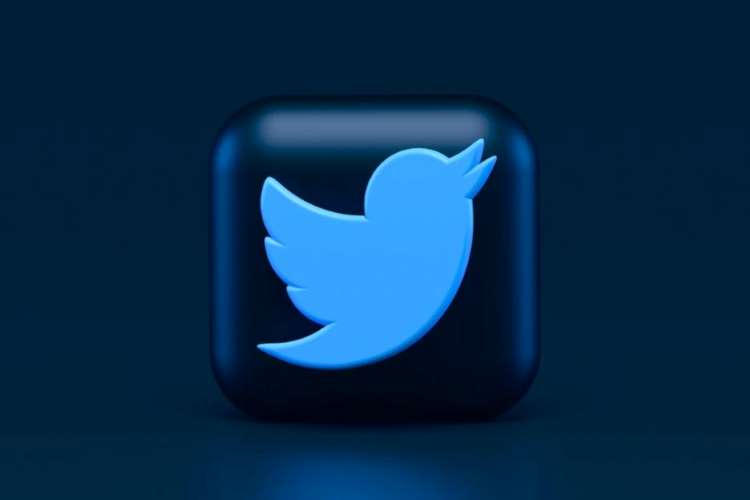
So the poison pill did not work. The $44 billion Twitter deal is done, despite scepticism among critics on whether Elon Musk could raise that kind of money to make the platform a private entity. With the takeover of 15% of Twitter comes a barrage of fears from concerns over complete private control, monopoly issues, and the impact of the promised decontrol over free speech. The focus now shifts to the free speech Musk has promised, if you’re an absolutist, or threatened, if you’re a cancel culturist. Like most of us, I am somewhere in between the two.
The US First Amendment (1A) guarantees that law will not tamper with freedom of speech, stating:
Congress shall make no law respecting an establishment of religion, or prohibiting the free exercise thereof; or abridging the freedom of speech, or of the press; or the right of the people peaceably to assemble, and to petition the Government for a redress of grievances.
READ I Twitter ban on ads pushing climate change denial may yield little
Musk says that under him, Twitter will follow 1A norms and will also make algorithms open source. But 1A interpretations have varied. Over the decades from the landmark Gitlow v. New York (1925), which allowed punitive action against Benjamin Gitlow for distributing leaflets that called for a government overthrow, to New York Times v. Sullivan (1964), where inaccuracies in a advertorial about the ongoing civil liberties movement were allowed for ‘larger purpose’ reasons, the US Supreme Court has judged free speech in various ways. So the discovery of this tricky provision is ongoing; free speech is a constant work-in-progress as new intermediaries interject both freedom and speech.
Twitter episode and free speech debate
Even in its unattainable utopian or dystopian form, ‘absolute free speech’ can mean cyber-lynching on social media, and cancel culture can imply censorship by vested, albeit social, interests. A good middle ground is needed just as we do in the real world, where teaching Critical Race Theory should be required at all advanced levels, but felling historical architecture or banning books is a process of trying to shroud rather than remind ourselves of our history.
President Joe Biden’s Summit for Democracy in December set out to consolidate who’s in and who’s out of the U.S. idea of democracy, rather than set out to (re)define democracy itself. Even though free speech featured on the agenda, what we still don’t know is, is cancel culture democratic or undemocratic?
READ I Air pollution raises Covid-19 risk among young adults: Study
It takes independent research to even tell us that the most extreme social media voices, including those who peddle lies and hatred, are the most amplified voices, such as Donald Trump, Jack Posobiec and political parties, and hundreds of thousands of users who have harnessed the ‘algo-logic’ will verify. The new law in the European Union (EU) and the proposed one in the U.S. aim not at thwarting free speech but at strengthening citizen rights, so they should be welcomed.
The proposed Digital Services Oversight and Safety Act of 2022 rightly recognises the need for ‘comprehensive transparency,” but must also identify the consumer as a citizen while protecting their rights.
In India, of course, the IT Rules 2021 have already shifted the monkey of speech onto social media intermediaries and made them not only publishers but editors of what people say on those platforms. Somewhat redundantly, India’s Minister of State for IT Rajeev Chandrasekhar reiterated after the deal that the accountability rule will remain unchanged. But this is a reminder to Musk that his ‘absolute free speech’ ambition, as unattainable as it will be elsewhere, will be clipped at Indian doors.
As the clamour for social media regulation grows around the world, government interference in private spaces must also be questioned. There is a growing guardedness about governments in general over the past half-decade. This is at least in part a natural outcome, on one hand, of societies that are avidly welcoming extreme-right politics of hatred, and on the other, of those that are shunning politicians who at the forefront of divisive rhetoric leading to hatemongering.
So, public officials are using private platforms that don’t have to follow free speech norms. Small wonder, then, that governments are reluctant to act. As governments are reluctant to act, global corporations can find their conscience and act.
This may seem contrary to conventional corporate methods of an illusory free marketplace. Whether it is a marketplace of ideas or products, this is a free-for-all bazaar that relies on who shouts the loudest. In this marketplace of amplification, free speech should mean Twitter algorithms are tweaked in such a way so as not to interfere with the loudest voice.
Through history, speech is treated as the task of the speaker. But really, free speech is nothing without a free audience. That is why being deprived of the advantage of the virality extreme speech offers is the first step to real freedom in speech. Back to Twitter: Musk being a ‘free-speech absolutist’ in the present ecosystem would mean reinforcing the power of hatred in society, and there is no doubt Musk knows this by now. There’s a need for responsible private parties to step up. Let’s hope he helps Twitter mix ethics and business responsibly.
(The author is a member on the Board of the International Council for Media Literacy, has headed reputed media colleges in India, and commentates on social media policy, but no longer owns a Twitter account. Views are personal. A version of this article was published in IC4ML Blog, from the International Council for Media Literacy.)
